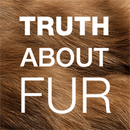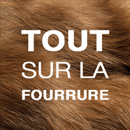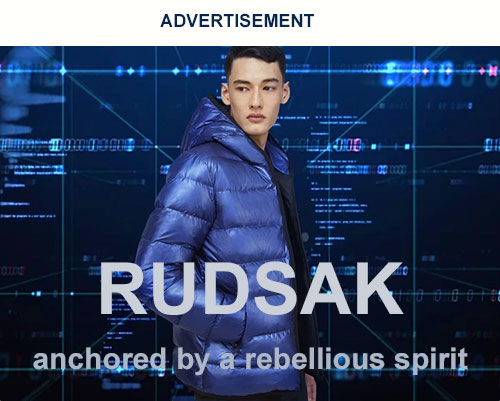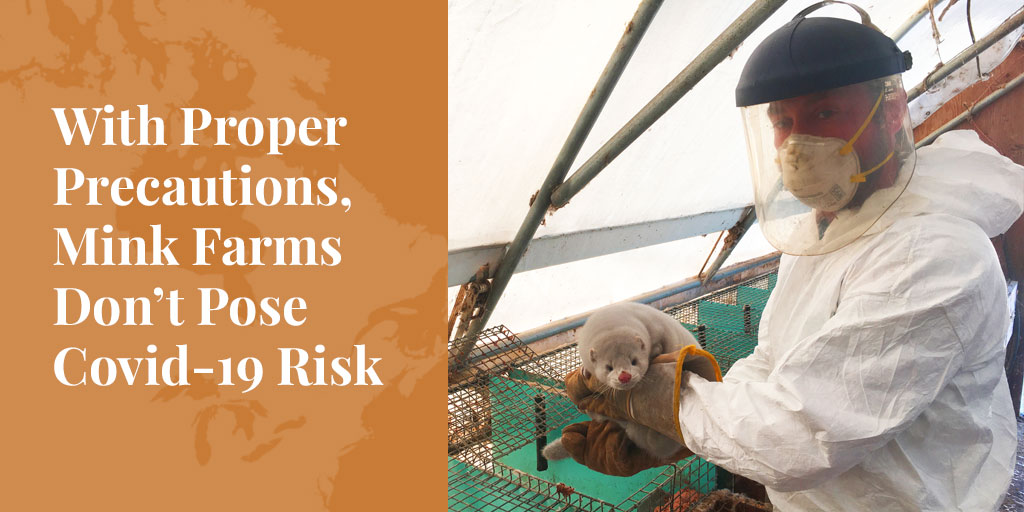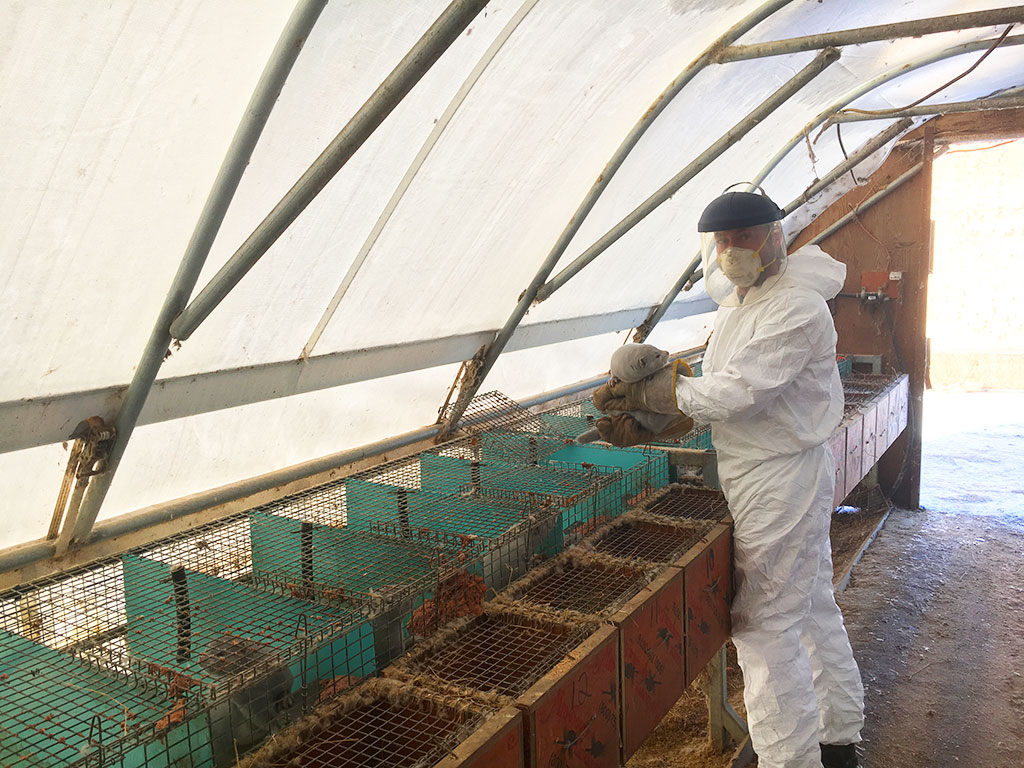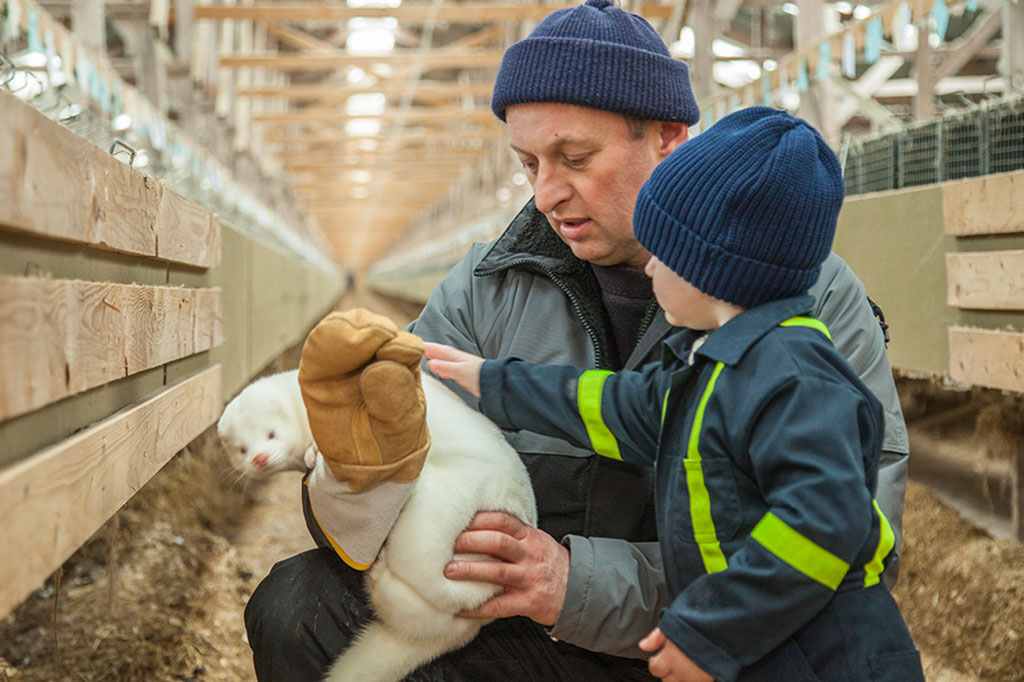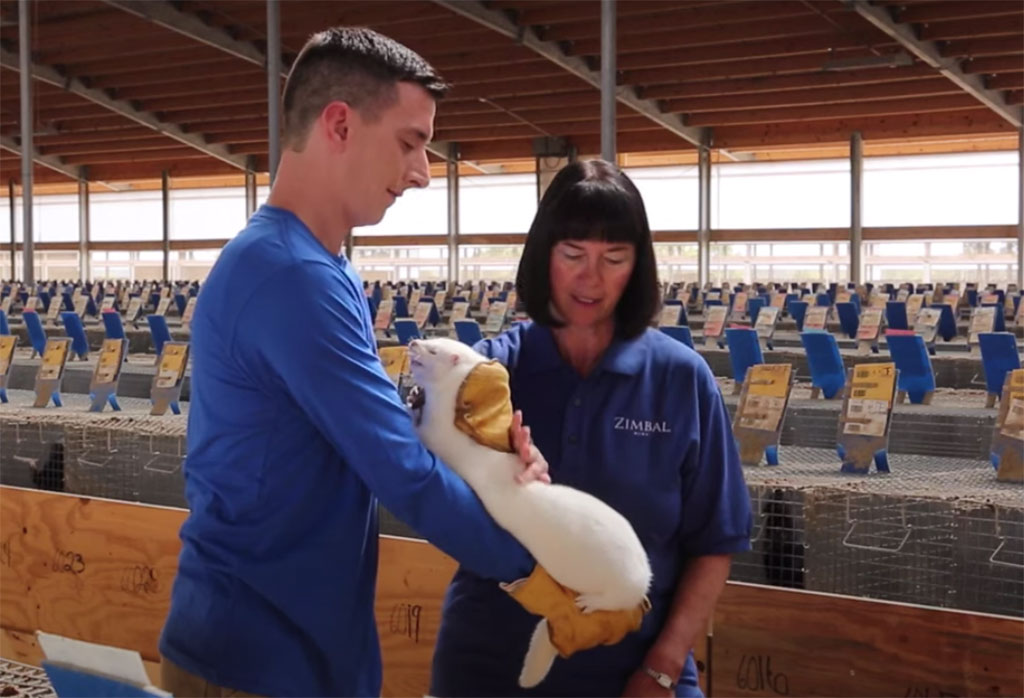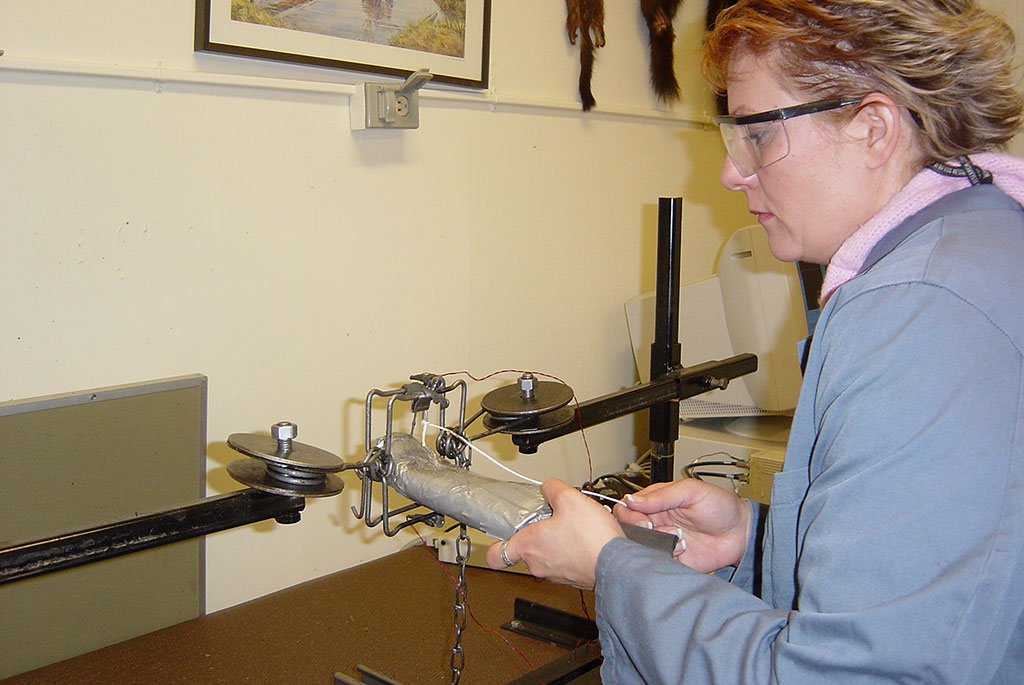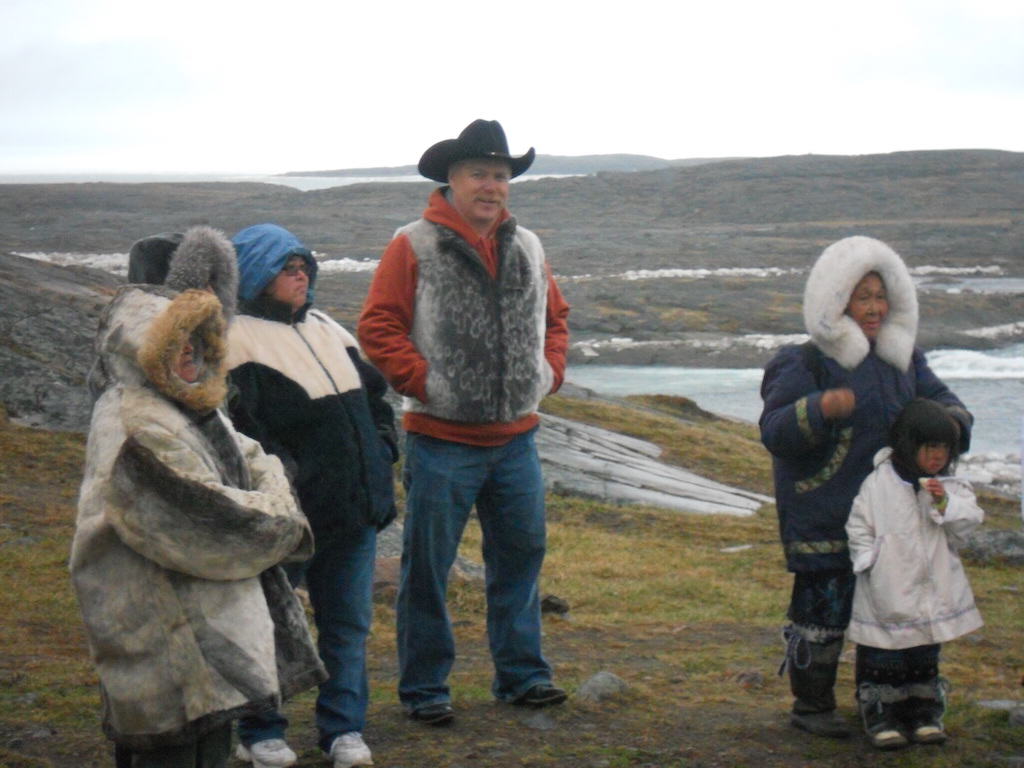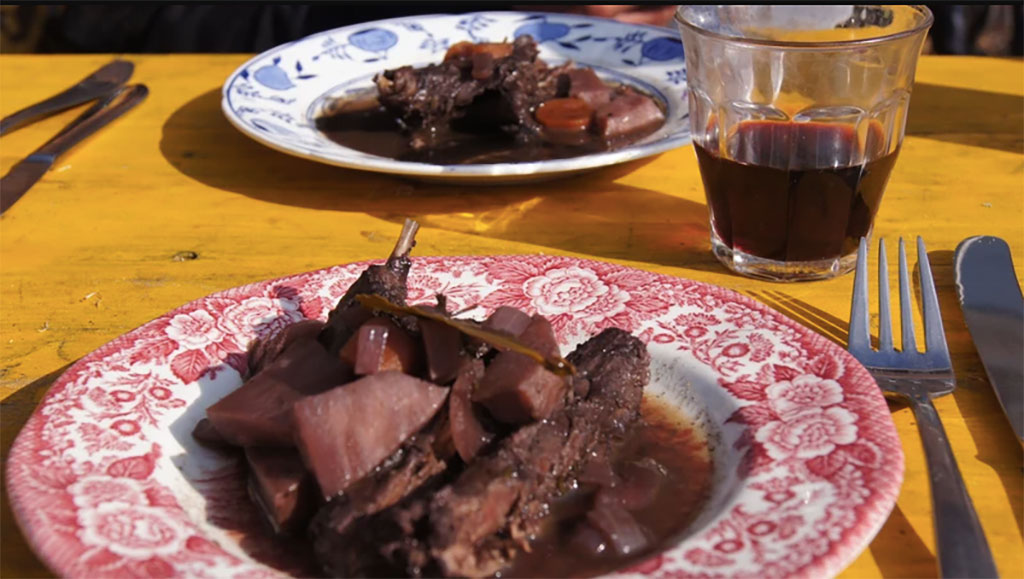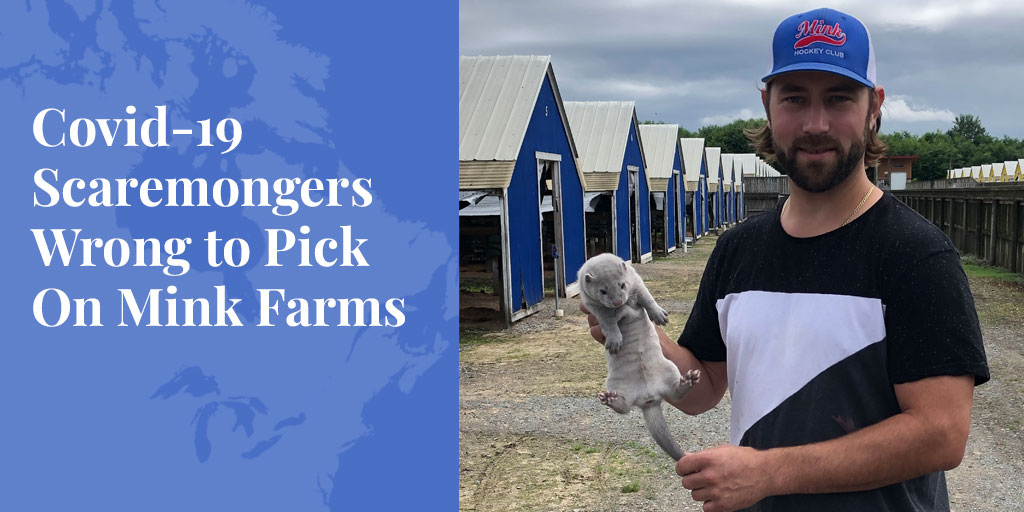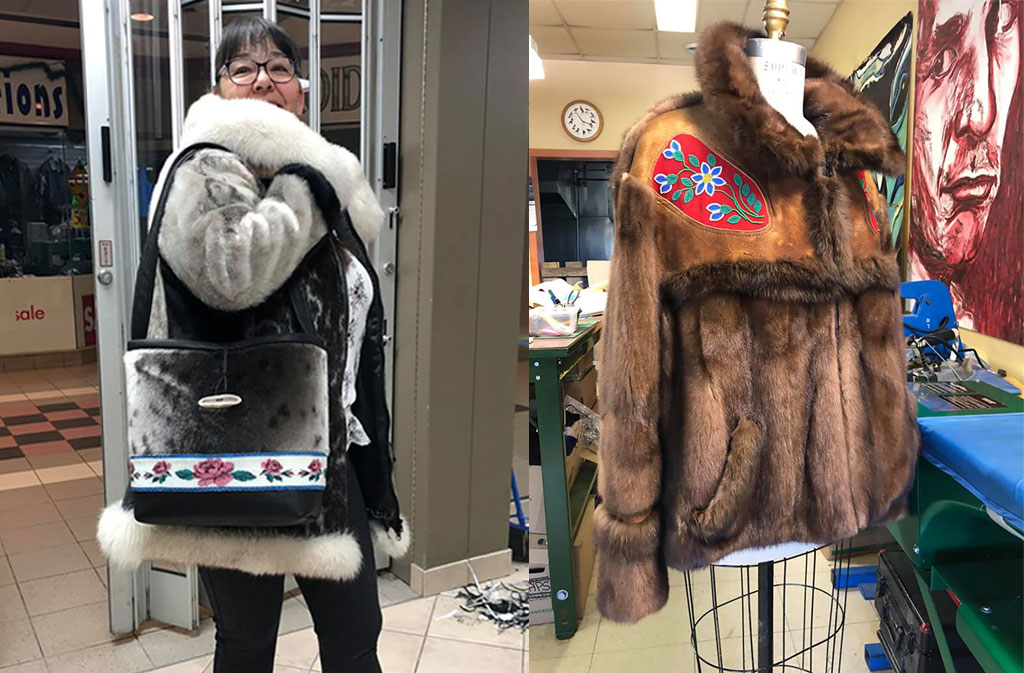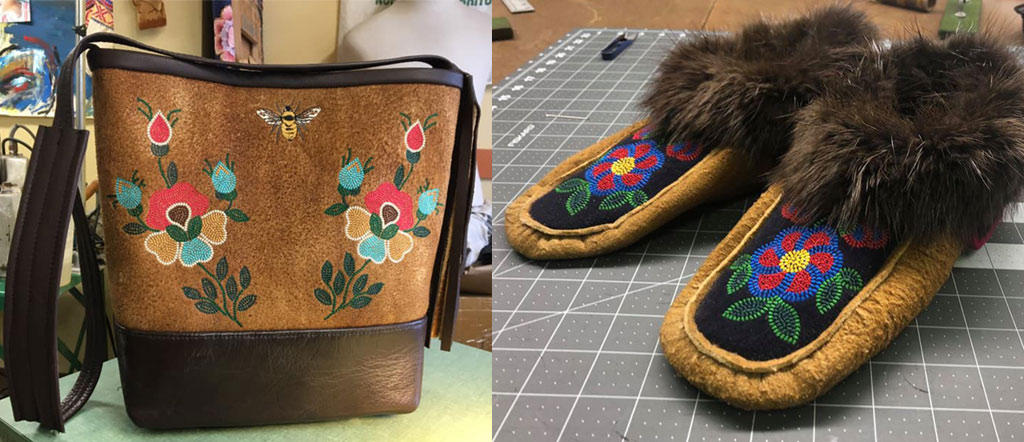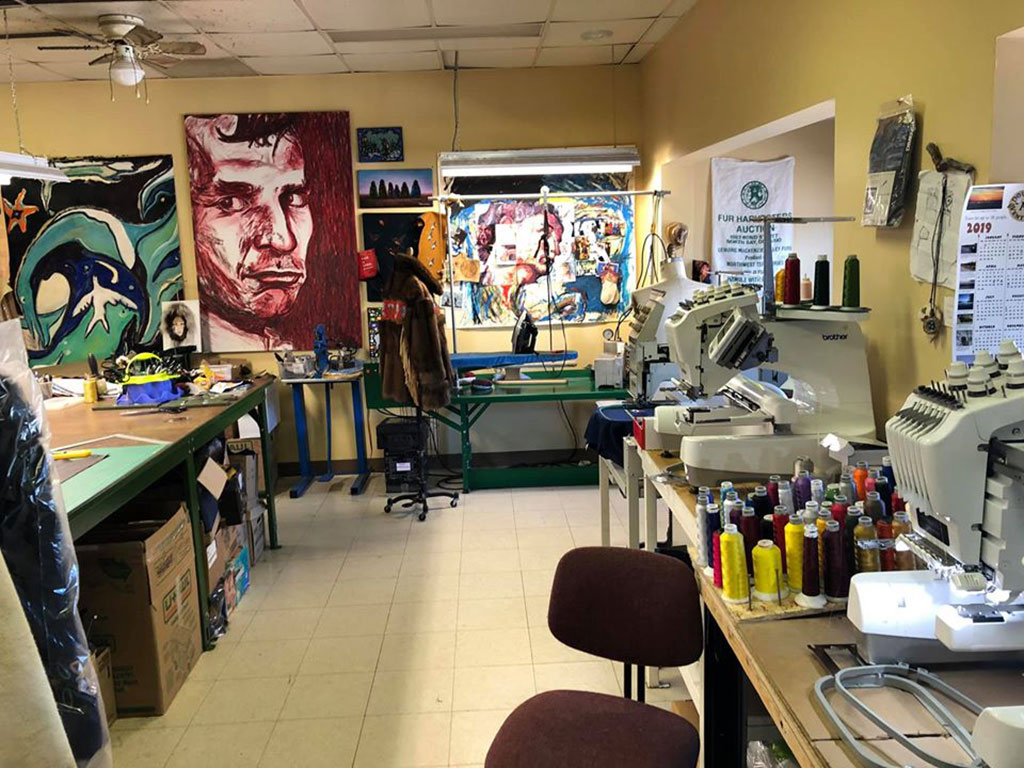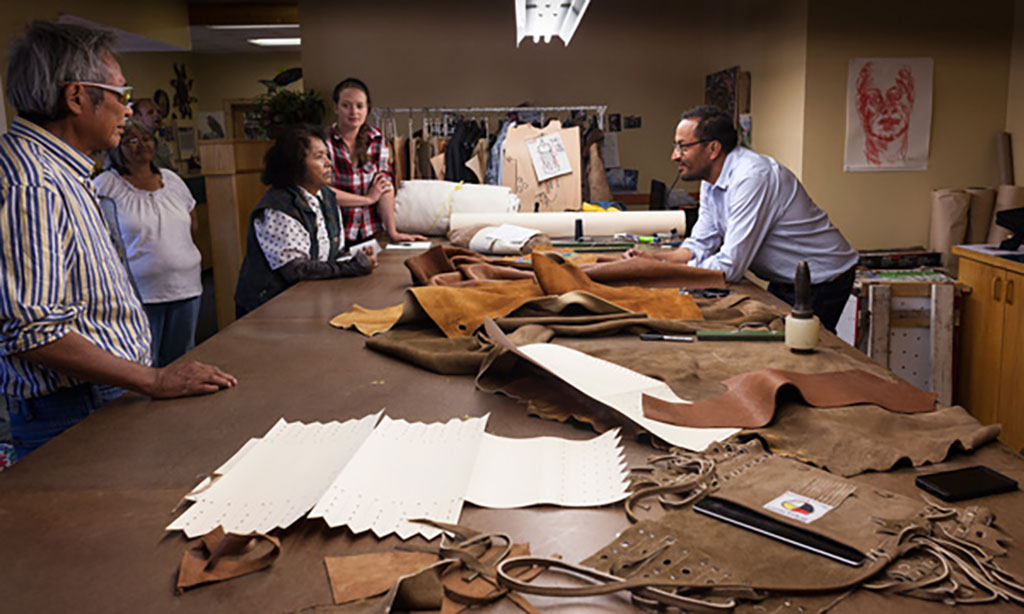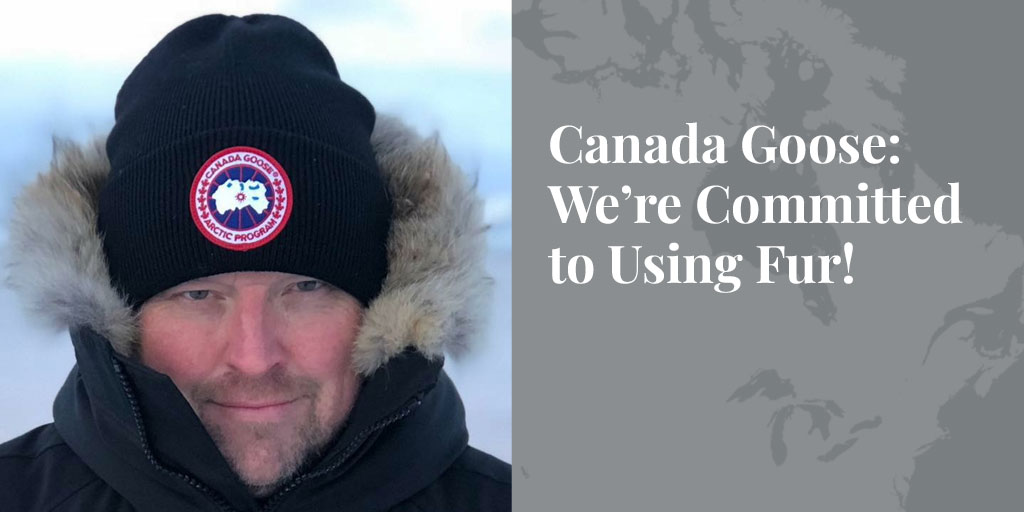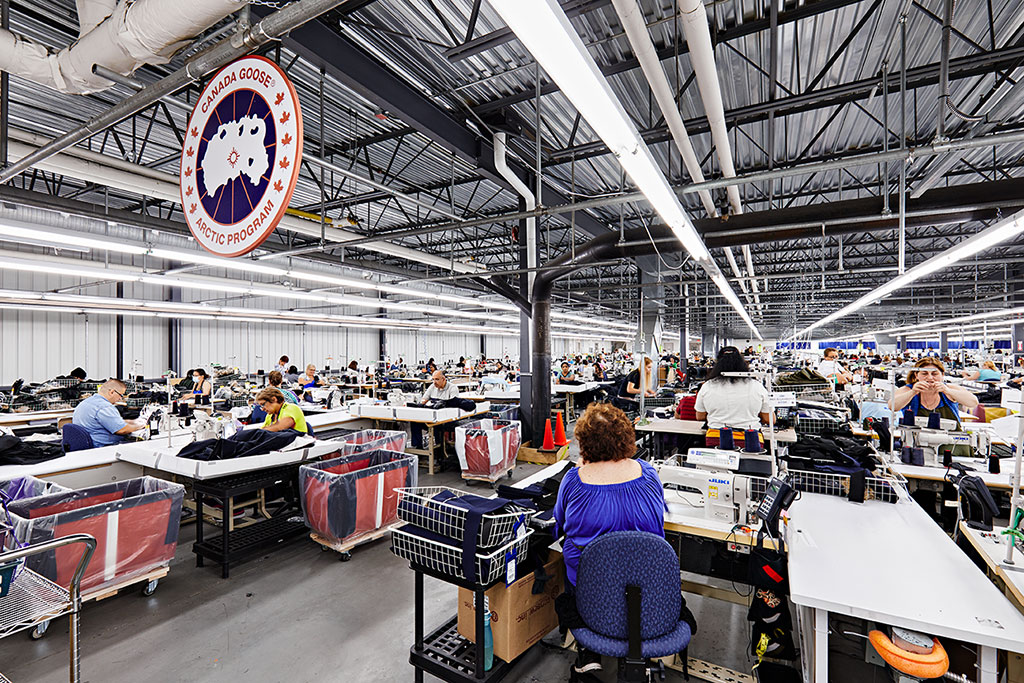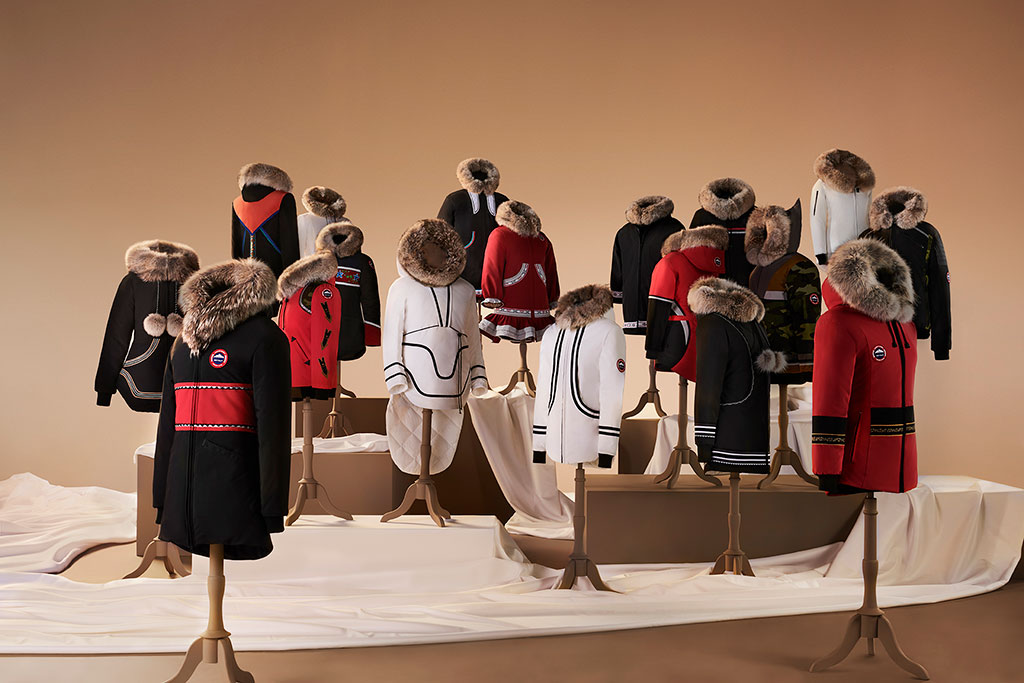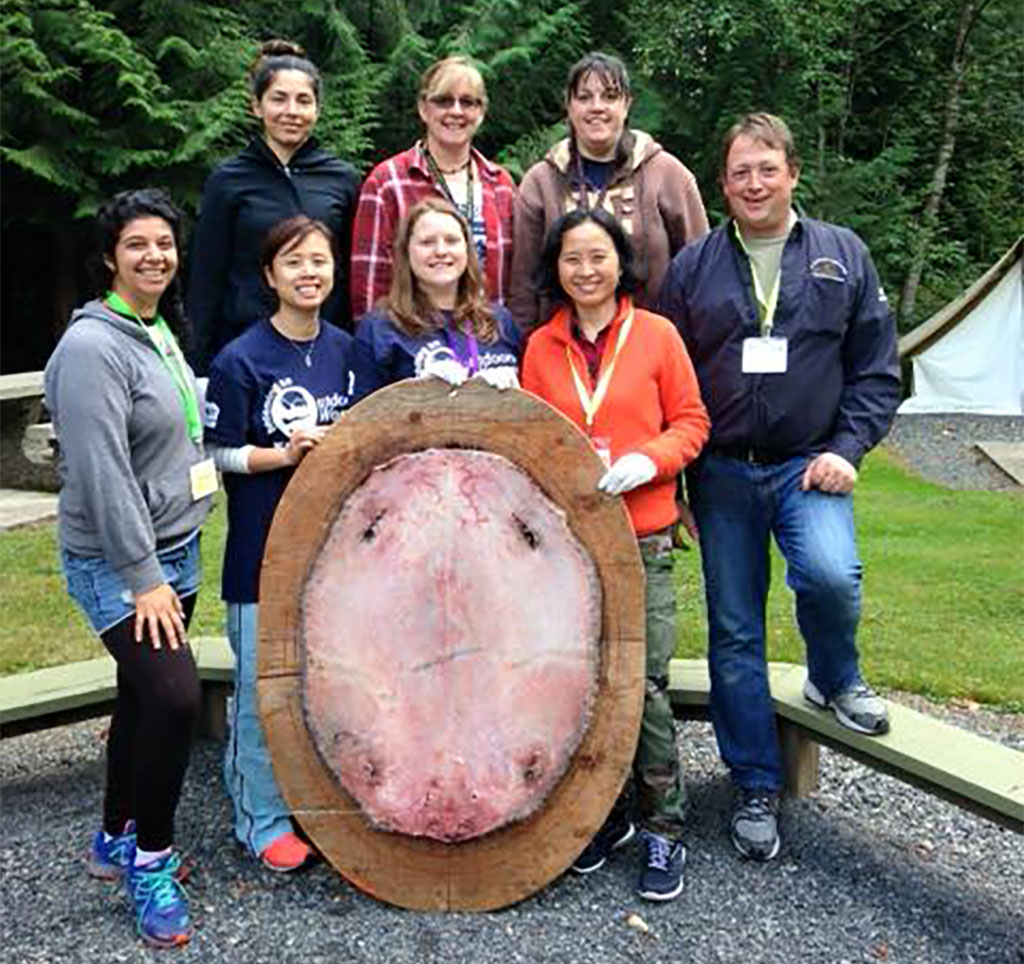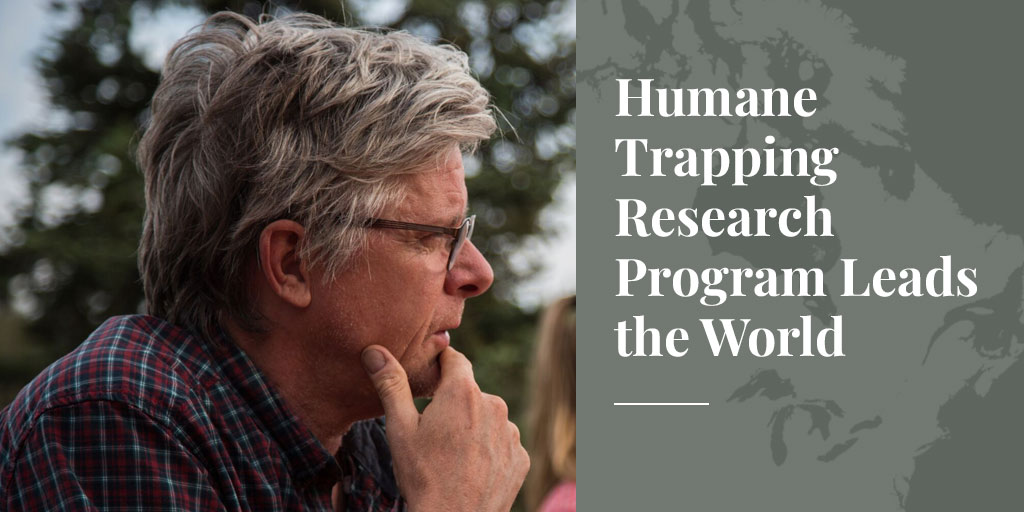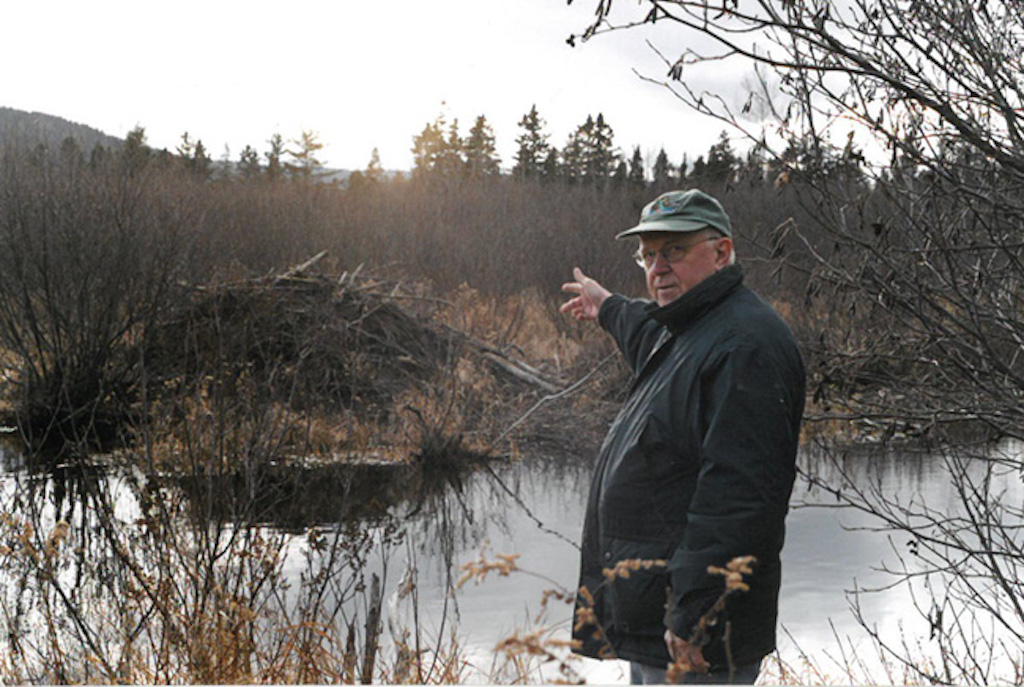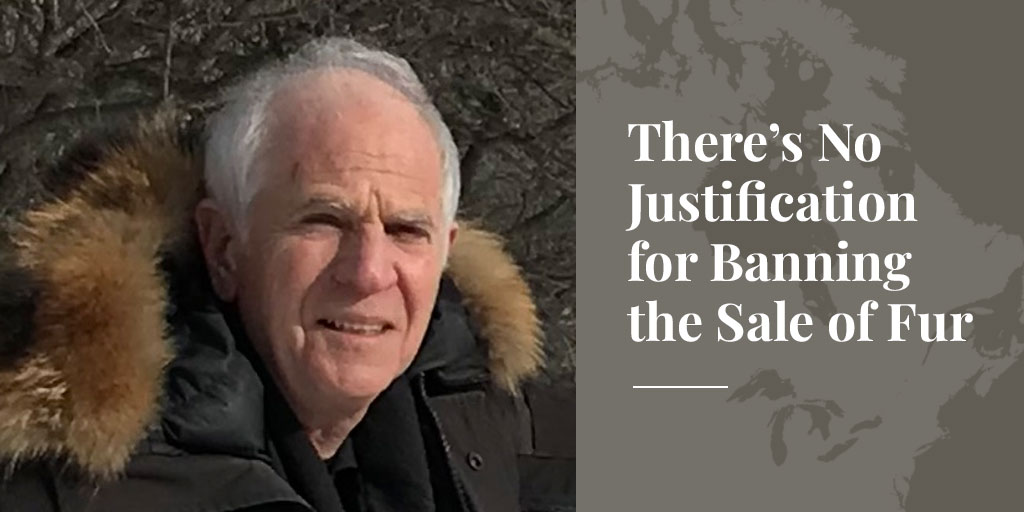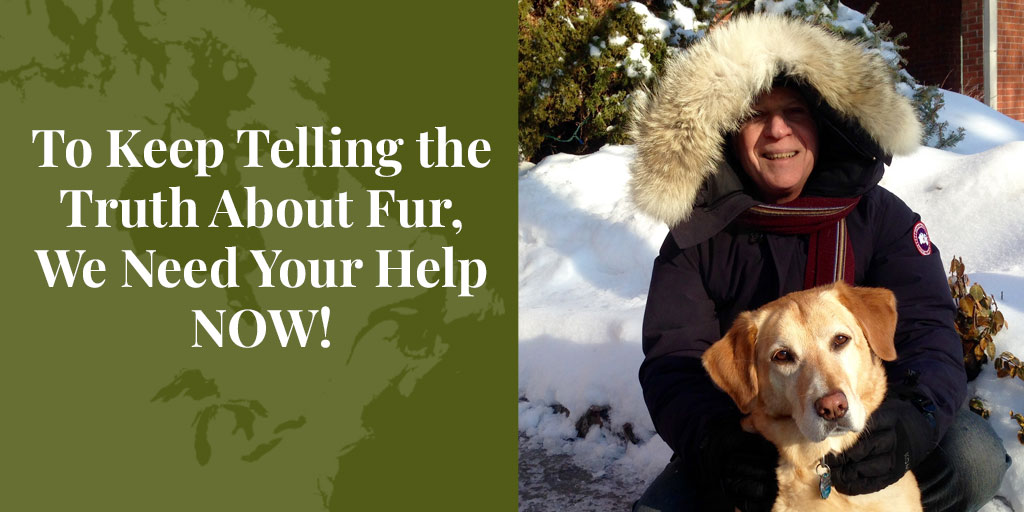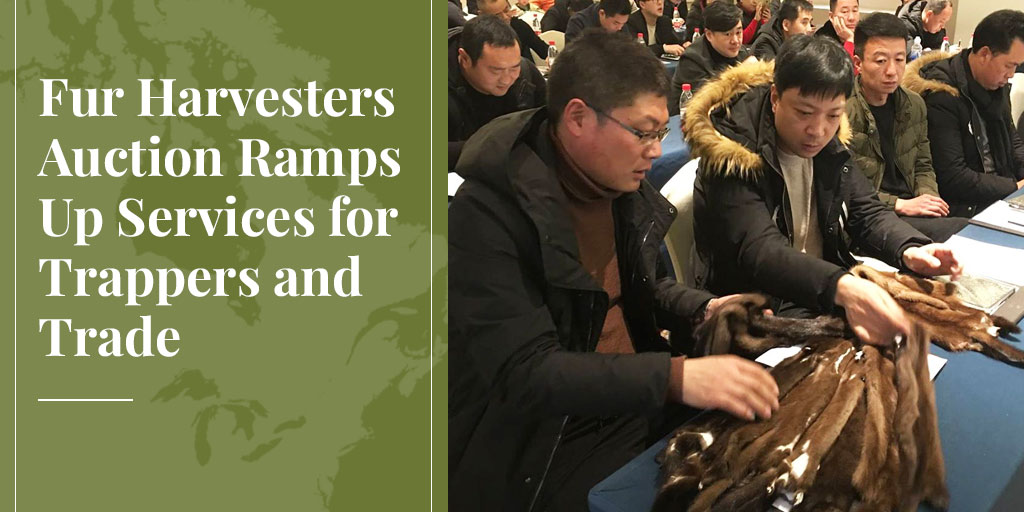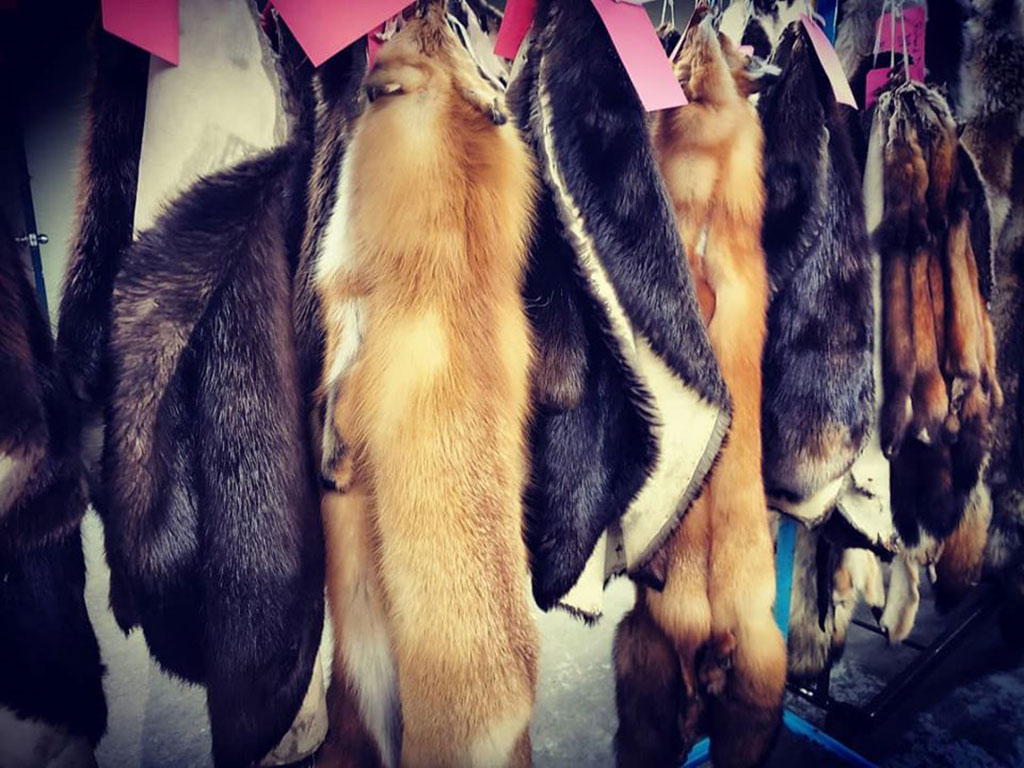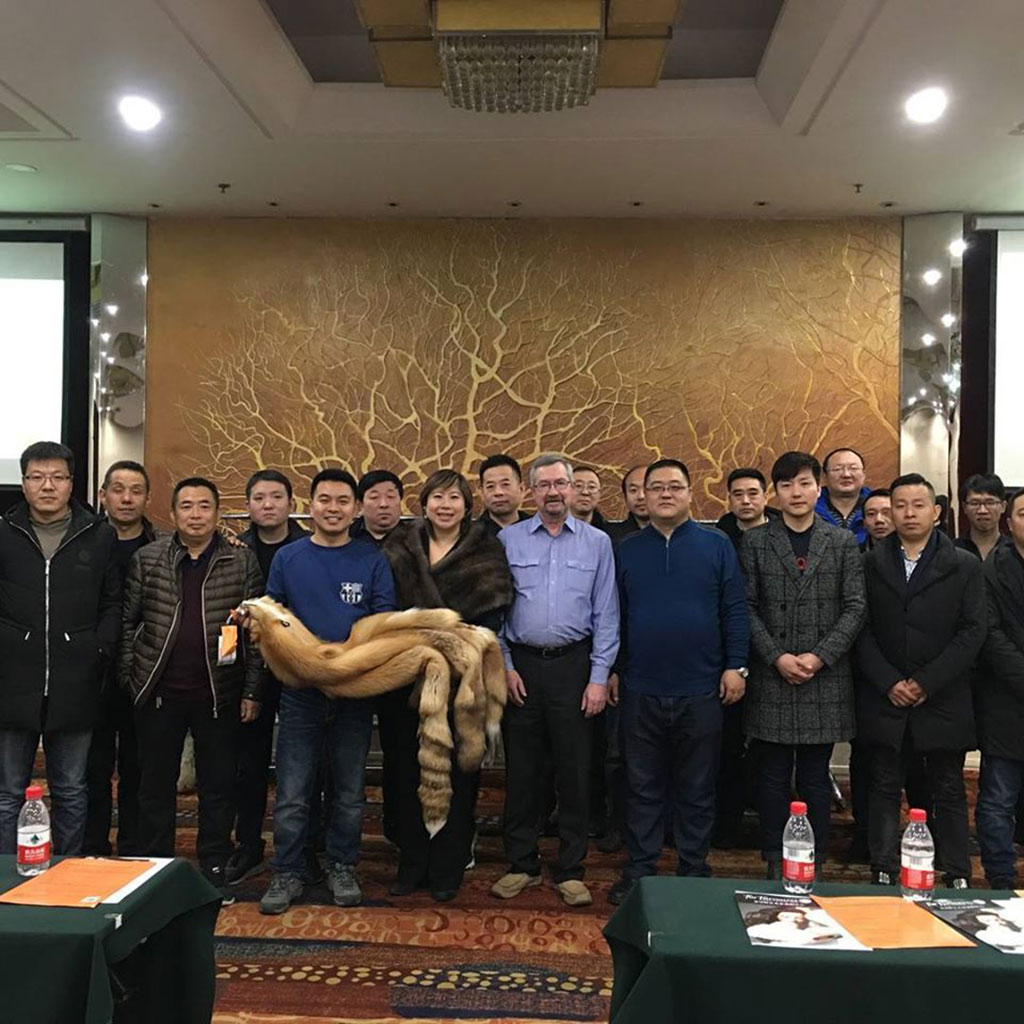US Legislators Should Be Promoting Natural Fur, Not Seeking to Ban It
by Alan Herscovici, Senior Researcher, Truth About FurA troubling new trend among progressive legislators in the US is to virtue signal by proposing to ban the sale…
Read More
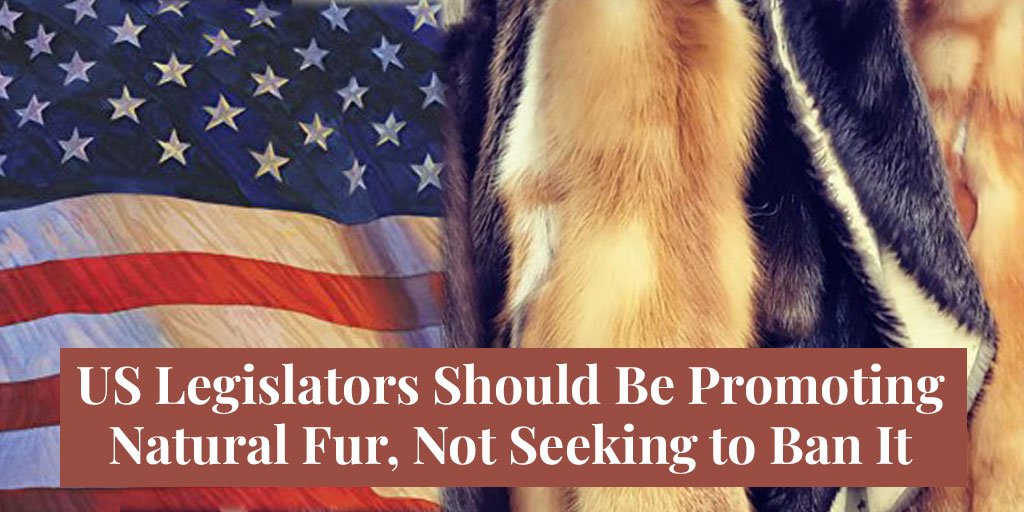
A troubling new trend among progressive legislators in the US is to virtue signal by proposing to ban the sale of natural fur products. Apart from the question of whether it is appropriate for government to legislate such personal choices, even a quick review of the facts suggests that progressives should be promoting natural fur, not seeking to ban it.
Unfortunately, the sponsors of recent fur-ban proposals in Massachusetts, Rhode Island, and several other states have clearly not bothered to do their own research. Instead, they just parrot animal activist inaccuracies and even lies.
Take, for example, a House bill in Rhode Island, H 7483, and a House bill, H.965, and Senate companion, S.623, in Massachusetts. All three bills use the exact same language in claiming that farm-raised mink “endure tremendous suffering”, despite the fact this simply isn't true. North American farmed mink receive excellent nutrition and care, not just because it's the ethical thing to do, but also because it's the only way to produce the high-quality fur for which North America is known. Standards for pen sizes and handling farmed mink are developed by veterinarians, animal scientists, and animal-welfare authorities.
Scaremongering Over Covid
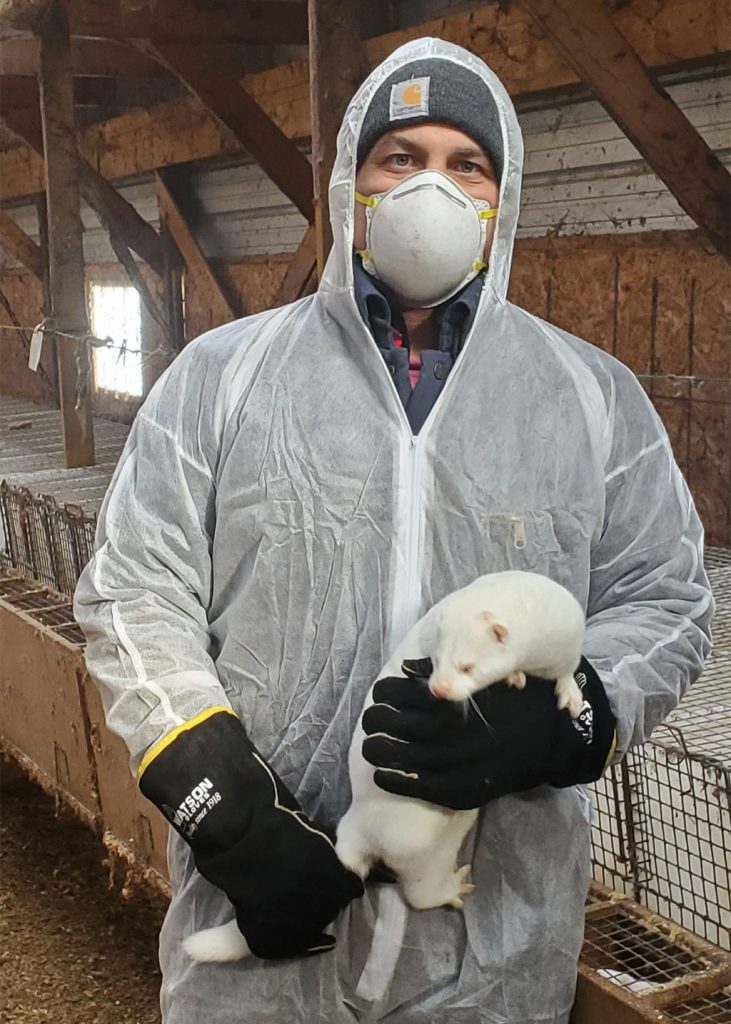
Fur-ban supporters are also guilty of scaremongering about the susceptibility of mink to Covid-19, claiming that mink farms are a threat to public health. Strict bio-security measures in place on all North American mink farms are one reason the Centers for Disease Control and Prevention can state: "Currently, there is no evidence that mink are playing a significant role in the spread of SARS-CoV-2 to people."
As for the fear that a virus strain that showed up on mink farms in Denmark will lower the efficacy of vaccines, America's top infectious disease official is not too worried. "[A]t first cut, it doesn't look like something that's going to be a really big problem for the vaccines that are currently being used to induce an immune response,” said Dr. Anthony Fauci, who was Chief Medical Advisor under President Trump and has stayed in the role under President Biden.
Bear in mind also that when there are outbreaks of swine flu (H1N1) or avian flu in chickens, we do not ban the sale of pork and poultry – although this is exactly what animal activists call for. Instead, farmers work closely with public officials to resolve the problems, just as US mink farmers have done with Covid-19.
Ignoring Positive Contributions
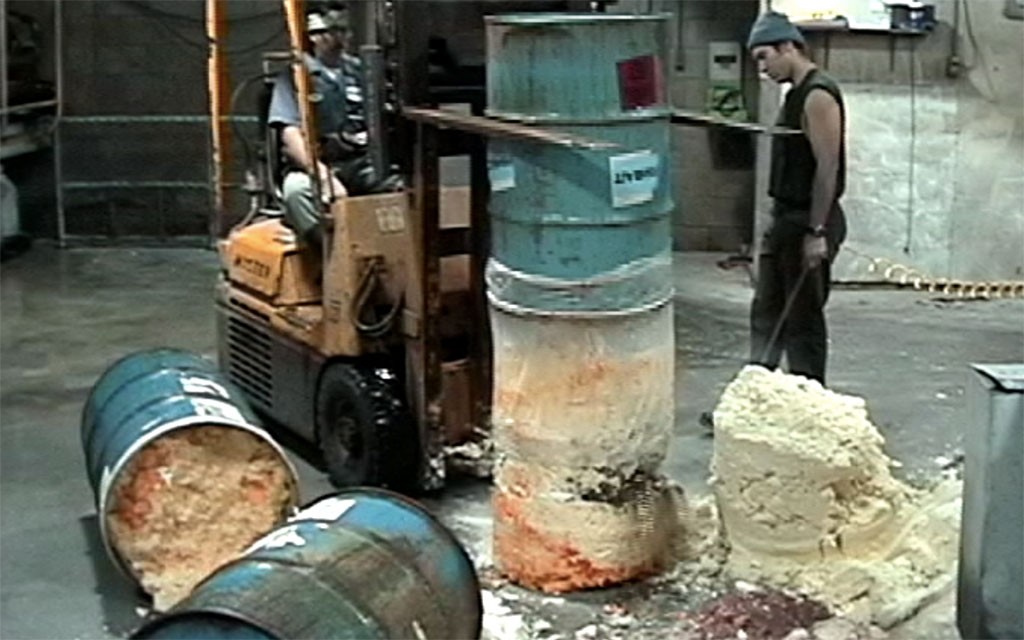
Fur-ban proponents also refuse to acknowledge the many positives of producing and wearing fur.
For example, they ignore the fact that farmed mink, as carnivores, eat by-products from human food-production – the parts of cows, pigs and fish that we don’t eat, expired cheeses, broken eggs – that might otherwise end up in landfills. Manure, soiled straw bedding, and other farm wastes are composted to produce organic fertilizers, completing the agricultural nutrient cycle. And mink are raised on family-run farms, providing employment and revenue to support rural communities.
They also fail to mention that half the fur produced in the US is taken from the wild, and from abundant species only. This way they avoid the awkward truth that many of these furbearers are so numerous that they'd have to be culled even if we didn't use their fur. Overpopulated beavers flood homes and roads; raccoons spread rabies and other dangerous diseases; coyotes are the main predators of young calves and lambs, and even pet dogs and cats; and the list goes on. Regulated trapping, as practiced in the US, helps to maintain more stable and healthy wildlife populations by smoothing out boom-and-bust cycles. And if we must cull some of these animals, it is surely more ethical to use their fur than to throw it away.
SEE ALSO: The ethics of fur. Truth About Fur.
Finally, it is grossly misleading for fur-ban proponents to claim that alternative materials render the use of natural fur “unjustifiable”. Fake furs – and more than 60% of all our clothing – are synthetics, mostly made from petroleum, a non-renewable resource. We now know that each time these synthetics are washed, they leach micro-particles of plastic into our waterways that are now turning up in marine life, drinking water, and even breast milk. Cruelty-free indeed!
Natural fur, by contrast, is produced responsibly and sustainably. Each fur garment is cut and sewn individually by artisans maintaining heritage handcraft skills. A well-made mink coat can be worn for 30 or 40 years or more, passed from mother to daughter and granddaughter. Unlike most clothing, a natural fur coat can be taken apart and completely restyled. And after decades of use, it can be thrown into the garden compost where it will biodegrade completely. Using natural fur makes more sense than ever at a time when environmentalists are saying we should buy better-quality clothing and keep it longer.
Scapegoating Artisans
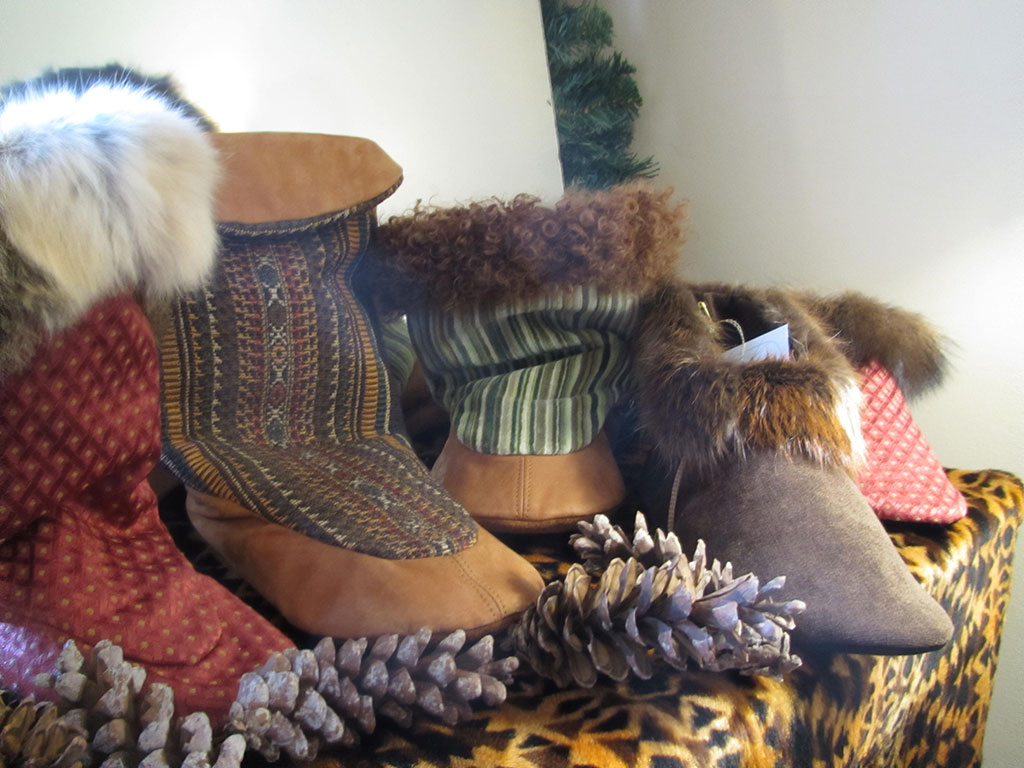
So why do we hear so much anti-fur rhetoric? Despite its “luxury” image, the fur trade – from farmers to trappers to craftspeople -- is a small and artisanal industry that has been unfairly stigmatized and scapegoated. The fur trade is easily sacrificed by politicians bent on winning votes and raising funds, in the knowledge that it simply doesn't have the resources to compete with multi-million-dollar, media-savvy, “animal rights” lobby groups.
No one is obliged to wear natural fur – or, for that matter, wool or leather – or to eat meat or dairy. These are personal choices, and they are rarely black and white. For example, despite the growing popularity of vegetarianism, few of us actually go the whole nine yards, let alone become vegans. Instead, we may opt to become pesco- or ovo-vegetarians, meaning we still eat seafood or eggs. Others choose to buy organic beef, or free-range eggs.
As we navigate these choices, we want more information about the environmental and ethical implications of our decisions. In response, the International Fur Federation is launching FurMark this year to further enhance traceability and transparency about industry standards.
What is not appropriate is for legislators to impose such decisions from on high. Rather, it behooves them to actually meet with the people whose cultures, reputations, and livelihoods they are so blithely and unfairly attacking. Politicians who fancy themselves to be progressive may then find that they should be promoting natural fur, not seeking to arbitrarily ban it.
***
To learn more about donating to Truth About Fur, click here.
